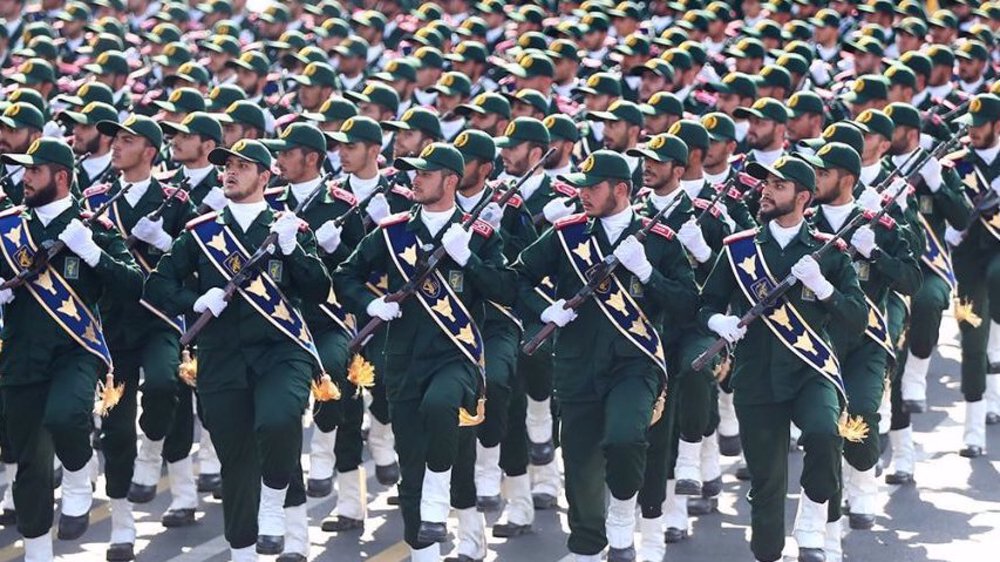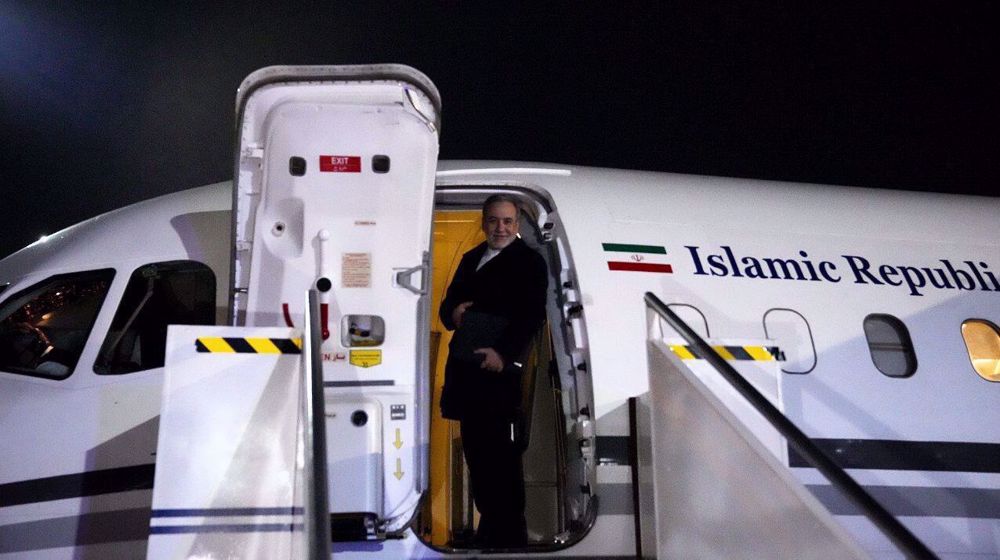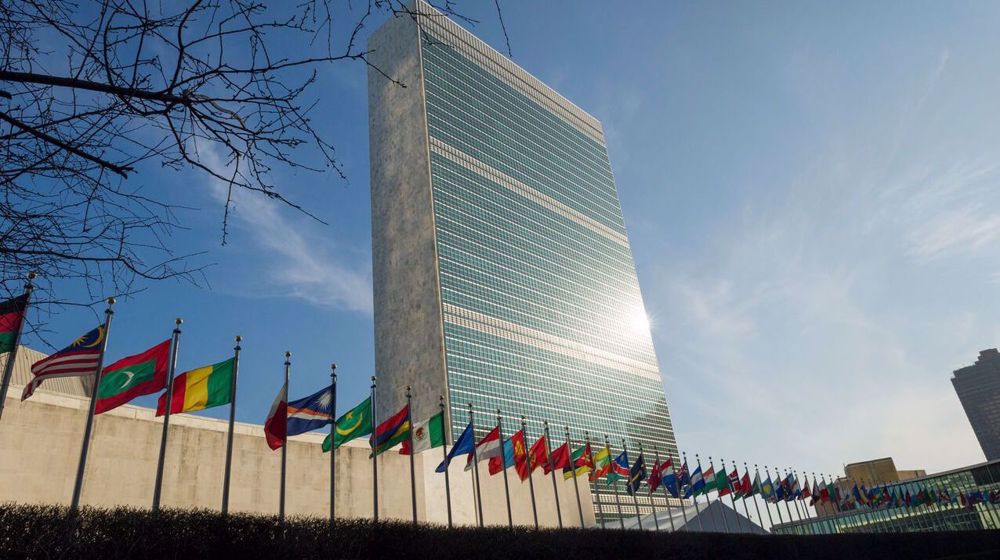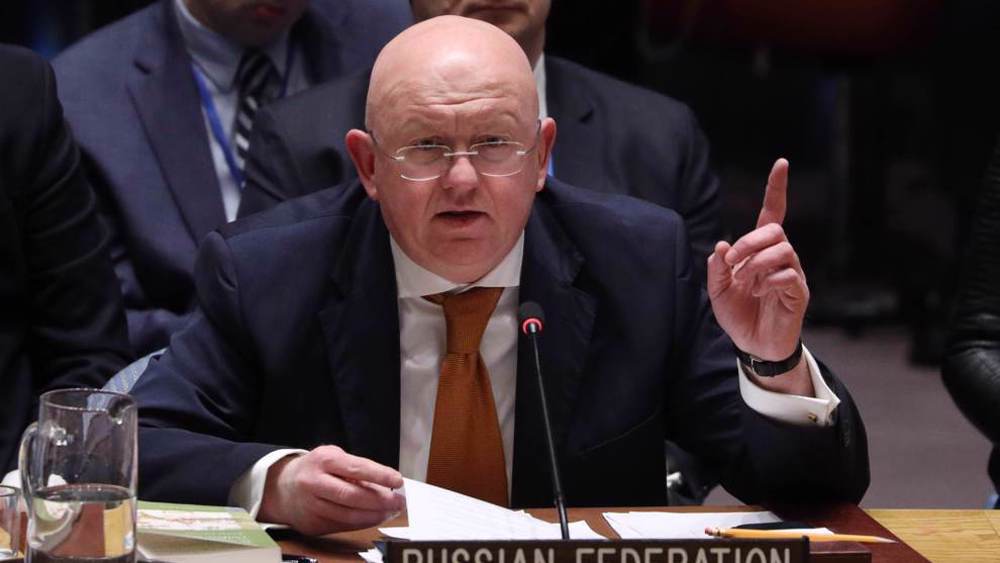‘Europe shooting itself in foot’: Iran slams EP’s call for IRGC blacklisting
Iranian Foreign Minister Hossein Amir-Abdollahian says the European Parliament (EP) shot Europe in the foot by voting to call on the European Union and its member states to place Iran’s Islamic Revolution Guards Corps (IRGC) on the bloc's “terror” list.
In a Thursday phone conversation with EU foreign policy chief Josep Borrell, Amir-Abdollahian strongly criticized the European Parliament’s “emotional, injudicious, incorrect and unprofessional” behavior, which is in conflict with political rationality and civility.
“It is necessary to respect mutual security in the world of diplomacy and increase mutual trust instead of following the language of threats and unfriendly actions,” he said, vowing retaliation.
Iran has repeatedly announced that the IRGC is an official state body which “has had and will continue to have an important and key role in ensuring the security of Iran and the region, particularly in the fight against terrorism,” he added.
The top diplomat emphasized that Iran’s Parliament would give a “legal and strong” response to the plan and urged the European Parliament to “think about the adverse consequences of its emotional; behavior and to focus instead on the path of diplomacy, constructive interaction and rationality.”
The European Parliament’s members on Wednesday backed an amendment added to an annual foreign policy report, calling for “the EU and its member states to include the IRGC in the EU’s terror list.”
The hostile measure was passed by a vote of 598 in favor and nine against, with 31 abstentions.
The amendment will urge Brussels to blacklist the IRGC military force, the volunteer Basij force, and the IRGC’s Quds Force.
It would also target “any economic and financial activity involving businesses and commercial activities related to, owned, wholly or in part, by, or fronting for, the IRGC or IRGC-affiliated individuals, regardless of their country of operation.”
Borrell, for his part, said he agreed that the European Parliament’s text included emotions and worries, but the body is completely independent in decision-making.
The decisions are, however, non-binding and the recent measure merely reflects Europe’s concerns, he added.
The EU foreign policy chief hailed diplomatic efforts which are underway to revive the 2015 Iran deal, formally known as the Joint Comprehensive Plan of Action (JCPOA), and vowed to continue his bids to help the sides achieve a final agreement.
Israeli keeps killing more Palestinian civilians in Gaza amid relentless ceasefire violations
Aliyev: Azerbaijani territory will not be used for threats against Iran
Turkey arrests two on charges of spying for Israeli regime
Iran FM declares ‘good start’ as US–Iran talks conclude in Muscat
Iran strongly condemns 'terrorist' mosque blast in Islamabad
Iran enters talks backed by national power, popular support: MP
France, UK involved in assassination of Muammar Gaddafi's son: Reports
Shia mosque explosion in Islamabad kills more than 30, injures over 160











 This makes it easy to access the Press TV website
This makes it easy to access the Press TV website